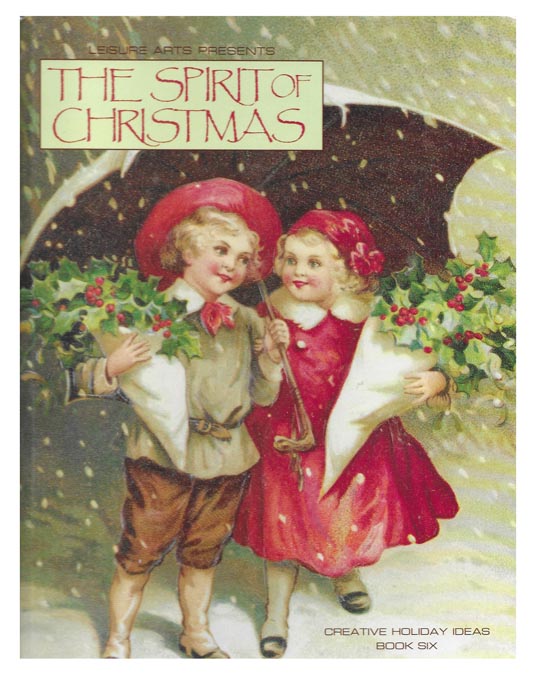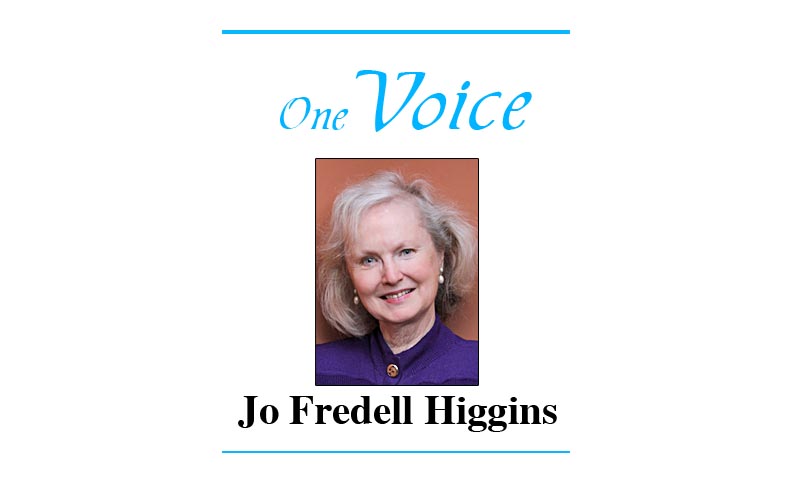

The season of Christmas arrives once again.
Just as it always has. Just as it always will.
Many centuries ago, the Germany people honored the pagan god Oden during the mid-Winter holiday. Germans were terrified of Oden because they believed he made nocturnal flights through the sky to observe his people and then decide who would prosper, or perish. Because of his presence, many chose to stay inside.
The end of December was a perfect time for celebration in most countries of Europe. At that time of year the cattle had been slaughtered so they would not have to be fed during the Winters. It was the only time of the year when people had a supply of fresh meat. Most wine and beer made during the year was finally fermented and ready for drinking.
In Scandinavia the Norse celebrated Yule from December 21, the Winter Solstice through January. In recognition of the return of the Sun, the men would bring home large logs which they would set on fire. The families would feast until the log burned out which could last as many as 12 days. The Norse believed that each spark from the fire represented a new pig or calf that would be born during the coming year.
Romans observed Juvenalia, a feast which honored the children of Rome. Saturnalia was a holiday in honor of Saturn, the god of agriculture, was celebrated. Saturnalia was a hedonistic time, when food and drink were plentiful and for a month enslaved people were given temporary freedom and treated as equals.
In the early years of Christianity, the birth of Jesus was not celebrated. The Bible does not mention the date of His birth. Pope Julius I chose December 25. The Church chose this date in an effort to adopt and absorb the traditions of the pagan Saturnalia festival. First called the Feast of the Nativity, the custom spread to Egypt by 432 and to England by the end of the 6th Century.
In the early 17th Century Oliver Cromwell and his Puritan forces took over England in 1645 and they vowed to rid England of decadence and canceled Christmas. Charles II restored the return of the popular holiday.
From 1659 to 1681 in the British Colonies, the celebrations of Christmas was outlawed in Boston, Mass.. Anyone showing Christmas spirit was fined five shillings. In the Jamestown settlement in Virginia, Captain John Smith took note that Christmas was enjoyed by all and passed without incident.
Christmas is both a sacred religious holiday and a worldwide cultural and commercial phenomenon. Traditions are both religious and secular in nature. Christians celebrate Christmas Day as the anniversary of the birth of Jesus of Nazareth. Popular customs include exchange of presents, decorating Christmas trees, attending church, sharing meals with family and friends, and, of course, waiting for St. Nicholas to arrive. There are performances and musicals to cheer during the darkest days of Winter.
How can another year pass so quickly? How is it that it is Christmas once again? Are the holiday cookies and fruitcakes baked? Are there stockings filled with small treats? Do you expect relatives to visit and share holiday greetings? Were the beautiful Christmas cards mailed to your dear ones? Has there been time to rest in front of the fireplace and enjoyed a plate of apples and cheeses and cookies?
So, it is Happy Christmas To All and to All a Good Night.

